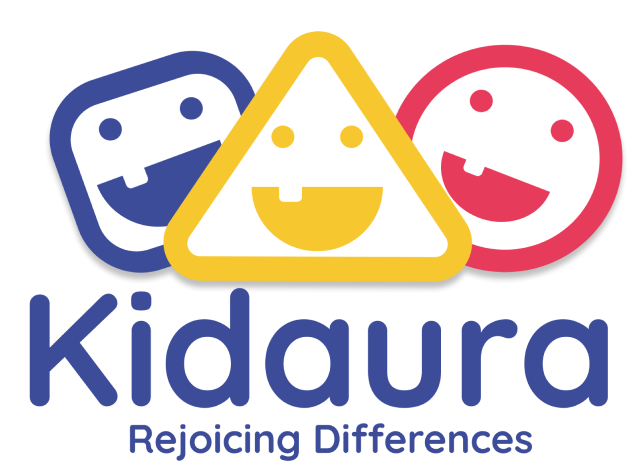Myths and Facts About Autism
Published by Kidaura
4 years ago
Autism is a concept that is often understood very differently by a lot of people. For instance, it is a disease and people are in hope…

Autism is a concept that is often understood very differently by a lot of people. For instance, it is a disease and people are in hope of search for medicines to cure it. Due to this lack of awareness about Autism, people believe in a lot of myths that are revolve in society and that paints a false image that influences their perspective towards autism. Unless this false image is corrected, the supporters of Autism may not be able to contribute successfully. Hence here are some myths surrounding autism:
-
MYTH: Individuals with autism are geniuses.
FACT: The characteristics of autistic individuals differ from one person to another. Their capabilities and benefits demonstrate differently to everyone. Thus, it cannot be stereotyped. However, Autism also provides exceptional abilities. Many individuals with autism may be extremely good at math and the arts.
-
MYTH: Special diets can cure autism
FACT: Research shows that though the diet does not have a direct effect on autism, if an individual with autism may have digestive issues, just like any other individual, then special diets can be helpful. Many individuals with autism also have food allergies which can be managed with special diets.
-
MYTH: Autism can be cured with medicine
FACT: Autism is a neurological condition; it cannot be cured with medicine. Although it lasts a lifetime, individuals with this condition can live independent, productive, and comfortable lives. With early therapies, interventions, and education, the challenges that come with autism can be managed.
-
MYTH: Only boys are affected by autism.
FACT: Autism is seen in both girls and boys. However, studies show that it is more prevalent in boys. Girls can have ASD, and they tend to be more severely affected than boys. This may be because girls with ASD are not as easily identified. Characteristics of autism are not gender-biased and can be seen in individuals irrespective of the demographics.
-
MYTH: Autism is a western concept.
FACT: The prevalence of autism is independent of the demographics, race, ethnicity, and nativity of the individual. Autism is a condition that may prevail in a person mainly of genetic factors than the community.
-
MYTH: People with autism cannot talk.
FACT: Many children with autism develop good functional language. A person with autism may face difficulties with social skills — and since they may often have difficulty in socially i interacting they can sometimes come across as aloof or not interested.
-
MYTH: Autism is a mental health disease
FACT: Autism is a neurodevelopmental condition characterized by difficulties with social interaction, communication, and repetitive behaviors It is a spectrum term for a group of developmental conditions that are neurological in origin and causes social, communication, and behavioral challenges. Autism is not a disease. It is a condition that can be managed by early interventions.
-
MYTH: Autistic children don’t have emotions
FACT: Autistic children, like any other children, have emotions. They express it differently or sometimes are unable to express it due to difficulty in communication.
-
MYTH: Symptoms of autism are similar in all children.
FACT: Autism is known as a spectrum disorder because its symptoms and characteristics appear in a variety of combinations that affect different people in different ways. The challenges faced by children with autism are unique.
-
MYTH: Children with autism can’t learn
FACT: With the right guidance and interventions, the learnability of children may improve. The grasping pace may vary from individual to individual. The lives of the autistic can improve, slowly and steadily, if family and teachers are persistent and using an effective method of teaching.
Kidaura believes each child is unique and we must rejoice in differences that make them unique. It aims to work closely with schools and parents in understanding the learning abilities of very young children and provide insights for appropriate developmental focus towards each child.
REFERENCE:
Myths about Autism
texthttps://www.autismspeaks.org/blog/11-myths-about-autism
Kidaura: a young initiative helping children find their hidden potential and nurture their personalities by rejoicing the differences [Accessed 11 July 2019] texthttps://www.kidaura.in/
Share via

© 2019-2024 Kidaura, All Rights Reserved




